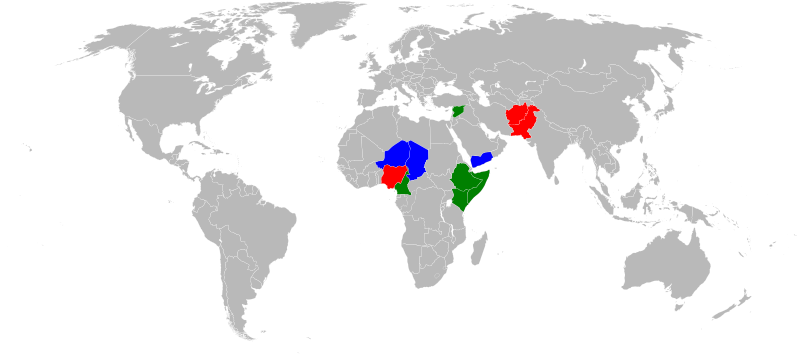The video is a poetic piece extolling the virtues of looking up at life and participating in it more rather than looking down at our little smartphones all the time. Its quite impressive really and it is proving to be quite popular on youtube (available ironically on the same devices that we are told should be left home).
The video's message has been widely praised although there have been some angry posts about it. I guess we could say that the video is sort of self contradicting as it is now the one of the hottest trending topics in social media circles. The same system that it tells us to look away from. And just like that, here comes a video response/parody titled "Look Down" by YouTuber Spencer Owen and Alex Osipczak, was posted on YouTube on May 9.
When I see these videos, they remind me of what I experienced during our class' recent community medicine rotation; my group was assigned to a place called 'Kitomondo', a village located around 60km south of Dar es Salaam, Tanzania. On reaching the place, we discovered to our horror that the dispensary where we would be staying for a week had only a single power socket connected to one solar panel. That one socket had to power all our modern gadgets (with voltage well below the 240V requirement) in order for us to do our course work and write our reports, not to mention study for the course exam next week.
On top of that, we also discovered that getting a decent signal for our phones was a little like a game of easter egg hunt; find the best spot for the bars to appear. Enough for a chatting or smsing but not enough for data intensive services like plain old surfing, facebook or even whatsapp. The place was like a modern technological desert!
This forced us to engage in an unusual amount of small talk, casual discussions and board/card games. Honestly, I don't remember ever having that many chess matches with other students! In contrast, life went back to normal once we moved on to other locations with better connectivity; each one to his own screen.
So what does that all mean? I sincerely think that social media and IT technology has revolutionised our lives but I also sincerely think we can make better gadgets that will not consume whatever is left of our social lives in the 'meatspace' aka the real world. If we can't then the video will stand as a prophetic warning to the modern world.
